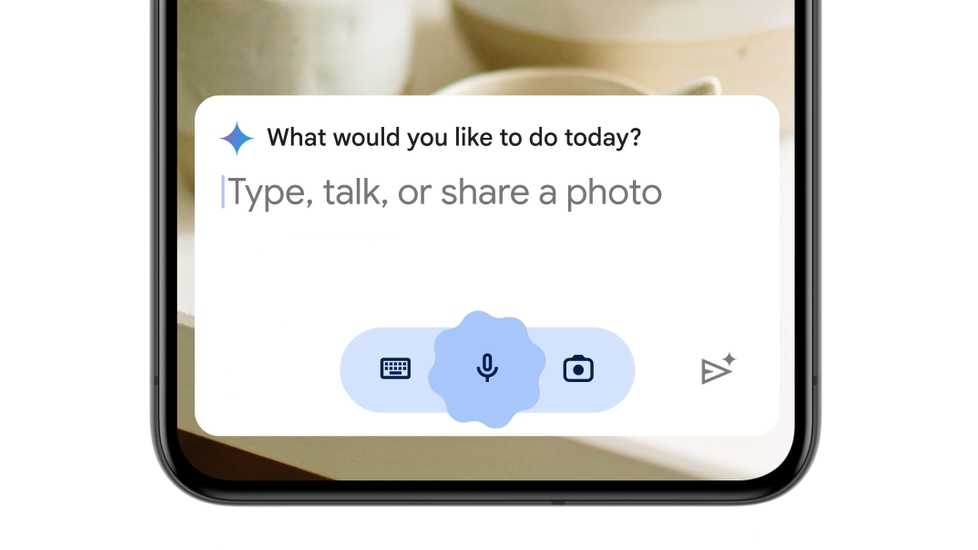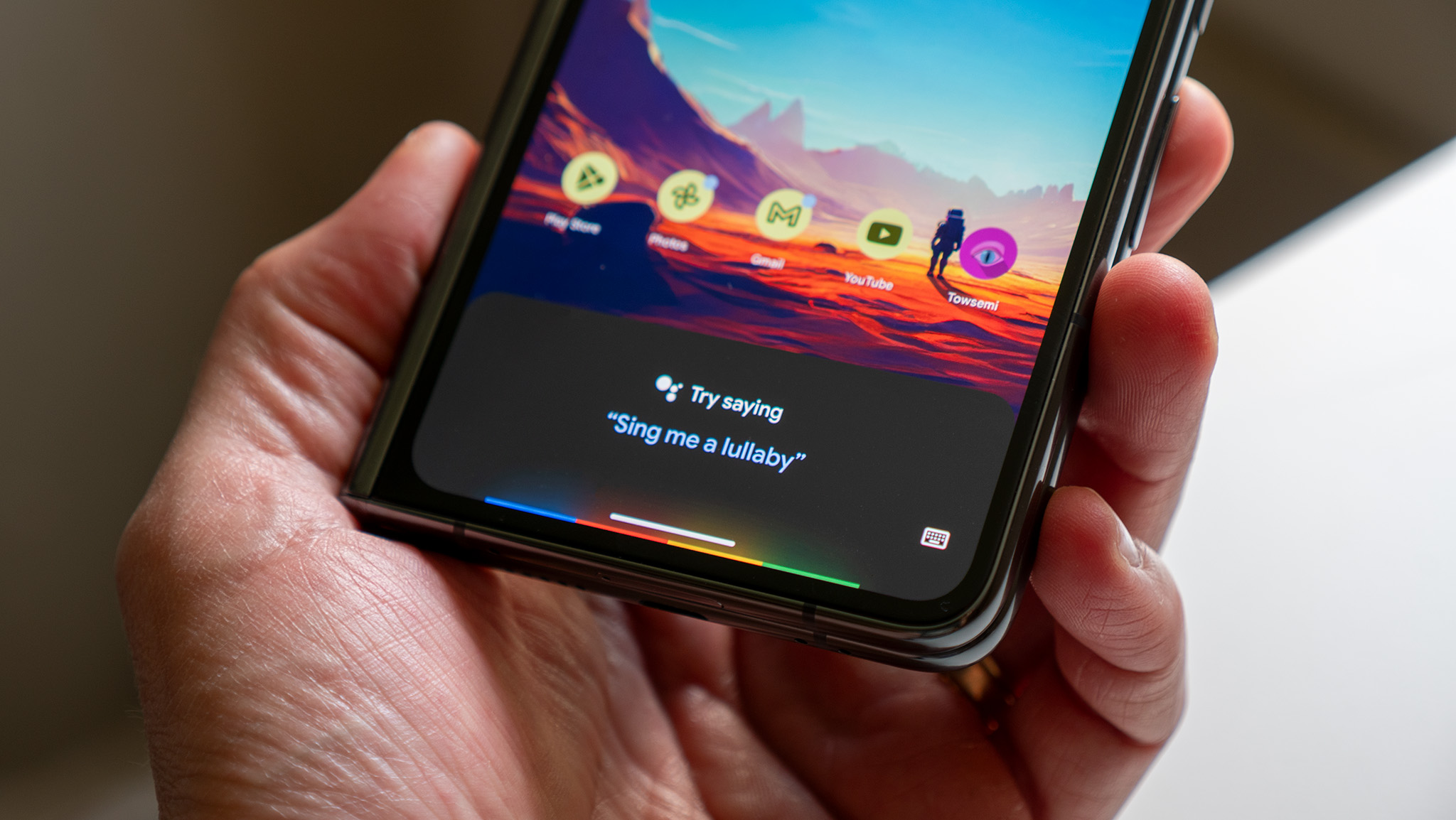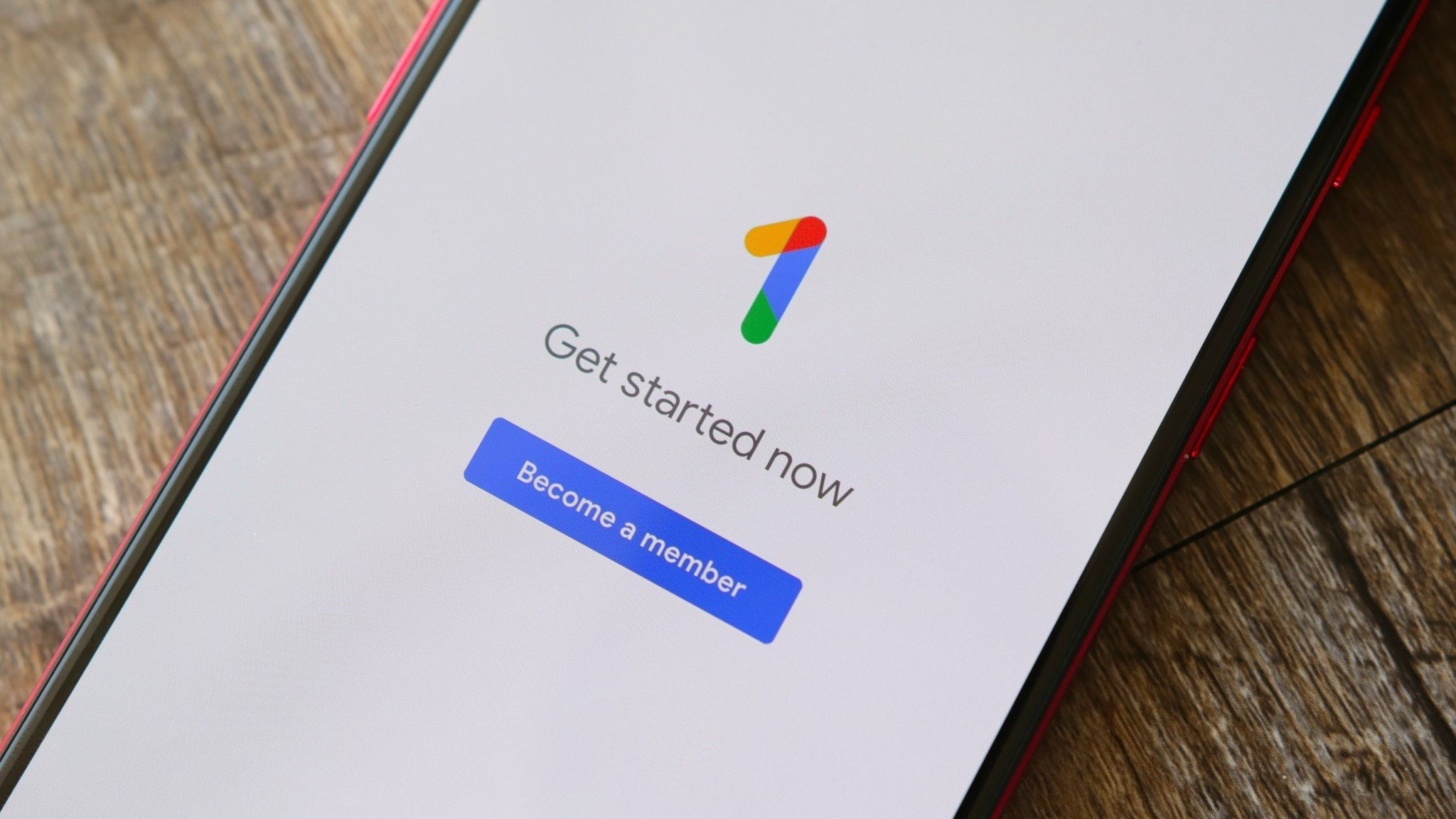
Google Bard is now Google Gemini. It's a major rebrand that follows all the testing and finalization of Google's latest AI tech, and it's finally reached the point where the company is ready to make it more widely available.
It's not the first smart service from Google, though. It's not even the first smart service we directly interact with, either. That would be Google Assistant, software that people love to hate and hate to love.
So what does Google Gemini mean for Google Assistant, and will you need to relearn how to tell your phone to turn on the kitchen light?
Nothing changes right now

If you choose to install the Gemini app for your phone, you're told it can replace Assistant if you want to opt-in. It doesn't say you have to do this and to be honest, I haven't seen much difference with my very limited testing after doing it.
Since I have two phones and two Google accounts, I have old Google Assistant running on one and new Google Gemini running on the other. Both can do the same thing equally well, and equally poorly. A new codebase doesn't fix all of the issues.
What's interesting is that I can still use Assistant, and nothing has changed. As of today, Assistant is still there the same as it ever was, and probably still using the last generation of AI processing to figure out what it's hearing and what it needs to do in response.
Bard is now Gemini, and Duet AI — the software that powers AI tools in the cloud and for Google Workspace — will soon become "Gemini for Google Workspace and Google Cloud" because all the good names have been taken, apparently.
Assistant is still Assistant, though. But probably not for long.
Change is inevitable

Gemini runs on a different software platform than older Google products that leverage AI, but that doesn't mean anything was abandoned. Work to improve features and speed never stops, and eventually, you reach a point where you have to stop adding to the old and move forward. Almost all software works this way, and Windows 11 is 20 years worth of work on top of Windows 98.
Like Windows 98 (or MacOS X if you prefer), there came a time when the old product was cut off in favor of something newer and, hopefully, better. Google Assistant, along with AI features in search and Gmail, are at that point today. I do not expect Google to spend any more time or money to continue improving and working on one of its dead products when something better is available.
The inclusion of a dedicated Gemini app for Android and iOS drives this point home. The app is no better than the responsive and super mobile-friendly web page in any way. If Google didn't have plans to bundle this software into its mobile apps package and supplant Assistant with it eventually, it would be 100% unnecessary.
Since it's on-device in app form though, it can leverage on-device processing to do things without a mobile connection. Things like helping you write a business letter or turning your kitchen lights on. Without running local code, it just can't replace Assistant, so it's there to run local code on devices with capable processors.

Another reason to expect it to replace Assistant is how natural it seems to monetize everything. Since Open AI and Microsoft got us used to the subscription model where we pay for the privilege of giving our data away, it was natural for Google to follow suit and try to make even more money through what it calls Gemini Advanced.
Gemini Advanced features are locked behind a paywall through Google One. Spend another $10 per month, and you can do more today. As new features become available, we should expect most of them to be part of the Premium Plan.
You could monetize the new platform while still keeping the old, but it would take more time and effort to do it. Since time and effort are directly linked to profit, I've little doubt Assistant's days are numbered.
The tl;dr of it all is that Assistant hasn't gone anywhere, and Google hasn't said anything about it going away. If you install the Gemini app, you can use it as a replacement, but you don't have to do so.
In a product briefing, Google noted that Gemini can already do much of what Assistant does on your phone. Beyond the basics, they say Gemini will eventually become a complete replacement that handles all of the tasks in a way that's familiar to users, and because it's more powerful, new features could come, too.
When it comes to other devices, like smart displays or televisions, Google plans to "continue to improve Assisstant features" but isn't using the word Gemini here. This news seems to be centered around the smartphone.
Don't count on things staying this way forever, though. Once Google is satisfied that Gemini can effectively replace Assistant, the company will surely do just that. The good news is that you'll probably not notice any difference and you shouldn't have to do a thing to prepare.







